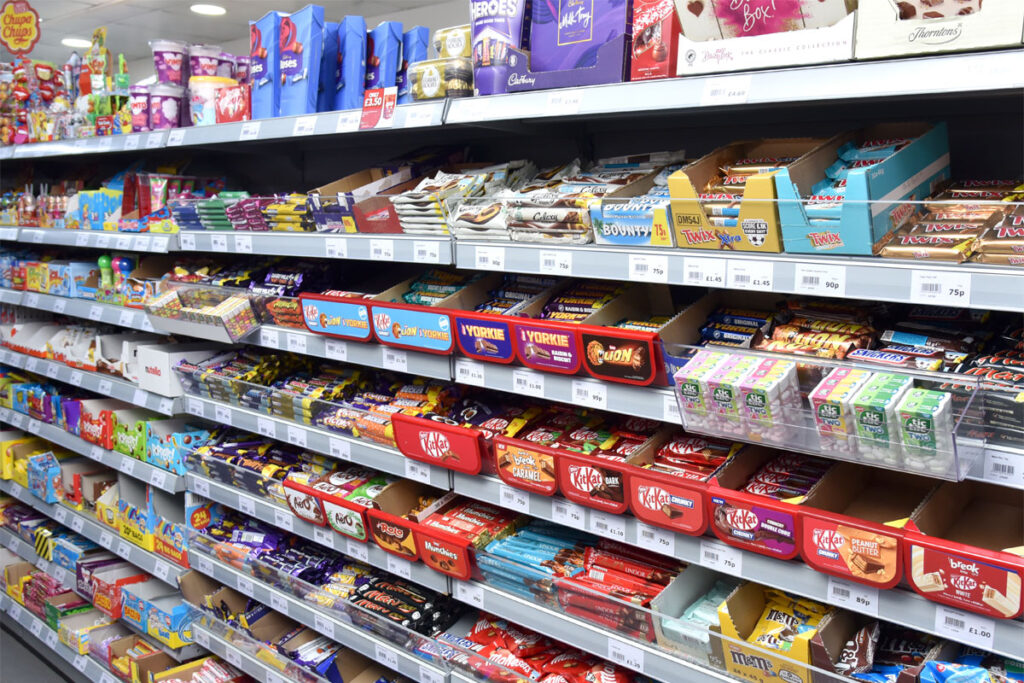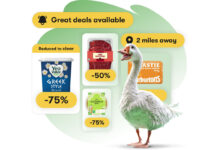Food costs climb for fourth month in a row

CONSUMER price inflation has continued to tick upwards as food and non-alcoholic beverages see another cost increase for the fourth month in a row.
According to the latest figures from the Office for National Statistics (ONS), the consumer price index including housing costs (CPIH) figure reached a new high of 4.2% for the year to the end of July. This was a 0.1% increase when compared to the figure at the end of June.
A number of month-to-month changes to prices has pushed this numbers once again, with increases seen across food and non-alc beverages, transport as well as restaurants and hotels.
The 12-month inflation rate for food and non-alc beverages sat at 4.9% at the end of July, up from June’s 4.5% This marked the fourth consecutive increase for the category and the highest number recorded since February 2024.
Small upwards effects across four of the 11 food and non-alc beverages classes pushed this number upwards in July, with cost increases for meat (mainly beef); sugar, jam, honey, syrups, chocolate and confectionery (mainly chocolate assortments); coffee, tea and cocoa; mineral water, soft drinks and juices.
Alongside this, transport costs were pushed upwards and, whilst this rise was mostly put down to an increase in airfares, prices at the pumps saw a jump.
The average price of petrol rose by 2 pence per litre (ppl) between June and July 2025, with average prices at 133.9ppl. Granted, this was notably down from the same period in 2024, when average prices sat at 144.4ppl.
Similarly, diesel prices rose by 2.9ppl in July 2025 to stand at an overall average price of 141.4ppl.
Speaking on the latest ONS inflation figures, Kris Hamer, director of insight at the British Retail Consortium, said: “Households are once again seeing the cost of their weekly shop climb, with food inflation now up by 1.9 percentage points in just four months. This surge has been a key driver behind headline inflation, alongside a rise in transport costs, piling fresh pressure on families already being forced to cut back.
“The Bank of England has been clear that government policies, which have driven up the costs of employment, are fuelling price rises at the till, while poor harvests and global instability have also added further cost pressures.
“Retailers have been doing everything they can to prevent price rises but the swathe of costs they now face has left them no room to manoeuvre.
“The Chancellor must avoid burdening the industry with even more taxes this autumn. Instead, she has an opportunity to encourage much needed investment in our high streets by ensuring the planned reforms to business rates offer a significant reduction for retail properties, and leave no shop paying more.”





















